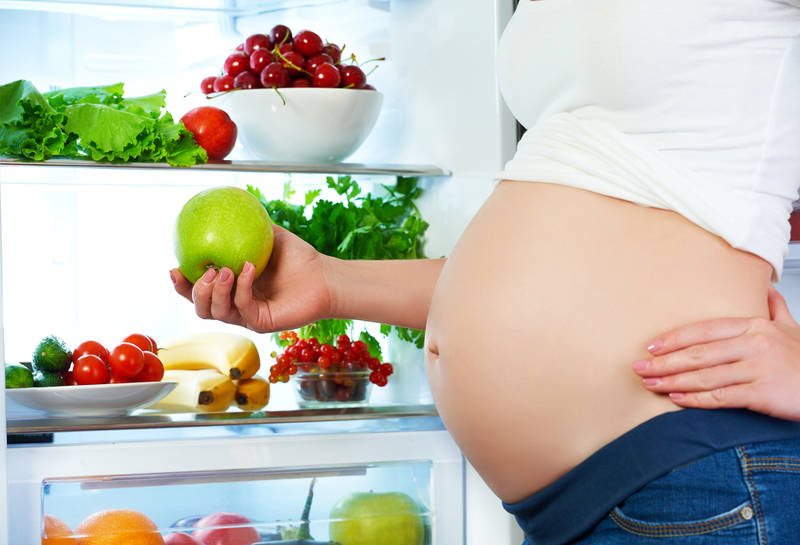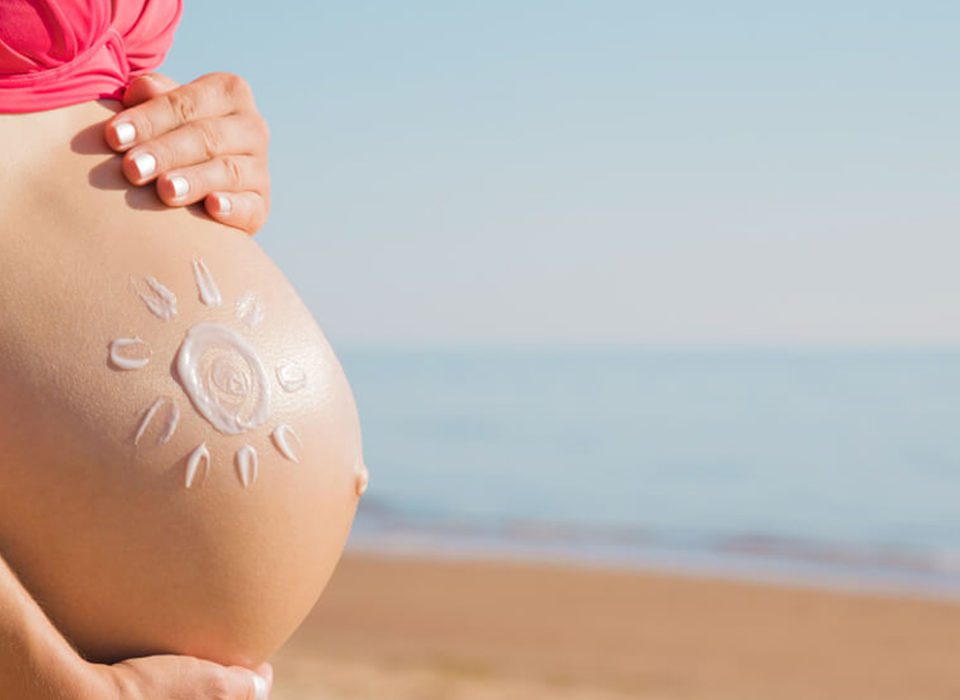The word vegetarian, which comes from the Latin root “vegetus”, refers to a diet in which meat and meat products, fish and poultry are not consumed, while milk and dairy products and eggs are consumed entirely on an optional basis. Many people choose to become vegetarian for different reasons, such as environmental impact, love of animals or healthy eating. Since vegetarians do not consume animal foods, they should be careful to get the vitamins and minerals they would get from such foods through different foods. However, this is a slightly more important point for vegetarian expectant mothers. In order to maintain both the health of the baby and the health of the expectant mother, she should choose her diet carefully and make sure she gets enough protein, vitamins, calcium and fatty acids.
Food Groups Needed During Pregnancy
1 . Proteins
Many people think that protein comes mainly from meat products, but meat products are not the only source of protein. If you are a vegetarian expectant mother, you can meet your protein needs from many different food groups such as lentils, chickpeas, beans, walnuts, hazelnuts, peanuts, almonds, peas, eggs, milk and dairy products, oats. Vegetarian expectant mothers should consume 1 gram of protein per kilogram of body weight per day.
2 . Iron
On average, a total of 30 mg of iron is needed daily during pregnancy. Although the main source of iron is meat, fish and poultry, you can meet your iron needs from different foods such as kidney beans, black-eyed peas, cashew, flaxseed, lentils, oatmeal, dried black grapes, chickpeas, tomato juice, molasses.
3 . Vitamin B12
Vegetarian mothers-to-be can get vitamin B12, which is almost never found in plants, from dairy products and eggs. However, if you are vegan, you should meet your B12 needs from fortified foods, injections or tablets.
4 . Omega-3
I recommend a daily average of 500-1000 mg of Omega-3 supplements for vegetarians during pregnancy. Vegetarian pregnant women can get the Omega-3 support they need from foods such as soy, walnuts, pumpkin seeds, canola oil, kiwi, hemp seeds, flax seeds and purslane.
Vegetarian expectant mothers should follow a more careful and balanced diet during pregnancy than during normal times. At this stage, it would be the most accurate and healthy method to apply the program under the control of a specialist dietician. Because during pregnancy, you will need different food groups other than energy and protein.




